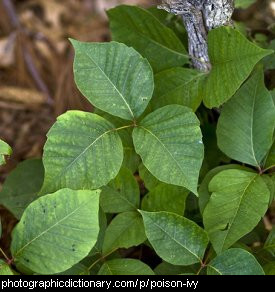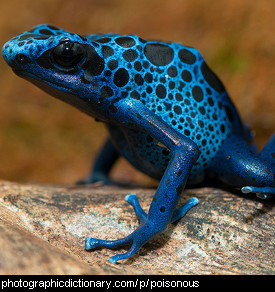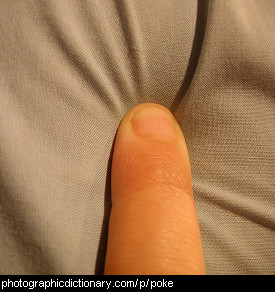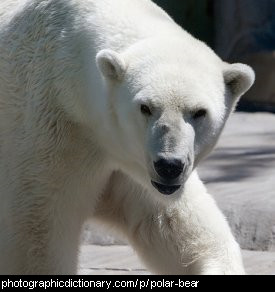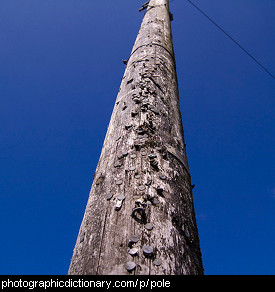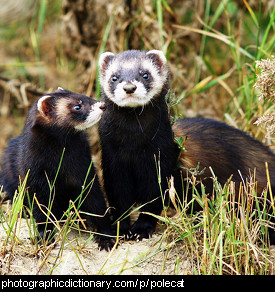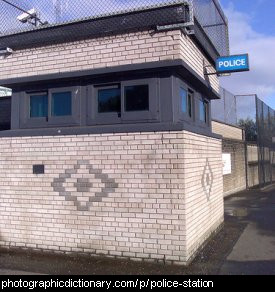Poisons are something that, when it gets into the system of a living organism, has a bad effect. If a creature comes into contact with enough poison, they will die.
Poisons are distinguished from venom and toxins in the way they are produced. A toxin is a poison produced by a natural process, and venom is a poison that is injected by a bite or sting.
Pis forPoison ivy
Scientific name: toxicodendron radicans
Something is poisonous if it contains poison. Poison can make you very sick, or kill you. Poison needs to get inside you somehow to be dangerous. Poisonous mushrooms and berries are usually eaten, and poisonous insects and snakes inject poison when they bite you. The frog in the picture will poison anything that eats it, and people use the poison from the frog to put on arrows and darts to help them hunt.
Pis forPolar bear
Scientific name: ursus maritimus
Video: view
Polar bears live in the cold areas in the northern part of the world. They are white to camouflage with the snow. They have very thick fur and a thick layer of fat to keep them warm. They are excellent swimmers, and eat mainly fish and seals.
Scientific name: mustela putorius
A police officer (or policeman, policewoman or just police) is someone who makes sure that other people are obeying the law, and catches people who aren't.
Some police officers ride horses. Horses can go places that cars and motorbikes cannot go, because horses can step over holes or things on the ground and jump fences and vehicles can't.
Pis forPolice station
A police station is a place where Police officers work. A police station might have interview rooms, storage for confiscated items, holding cells for people who have been arrested, storage for paperwork, and offices for Police officers to complete that paperwork in.














